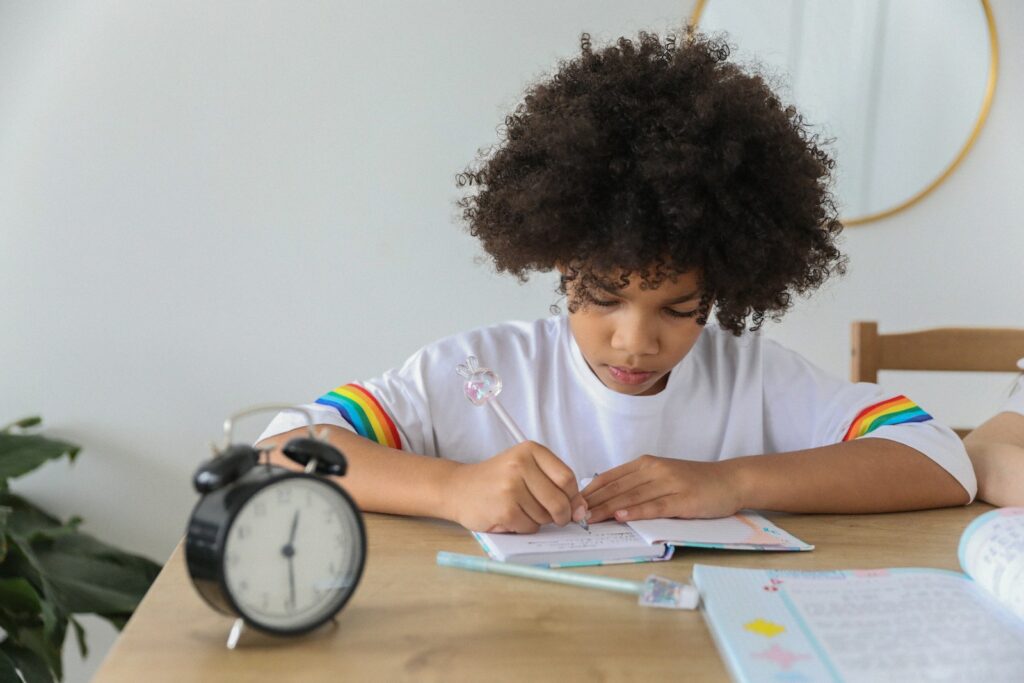Just reminding our kids to be responsible doesn’t work. They need to genuinely feel that their actions can make a difference and bring about change; only then will they willingly take responsibility.

Fostering a sense of responsibility in our children isn’t as hard as we might think. Kids naturally have the desire to “do things themselves.” For instance, even toddlers around 1 year old want to try eating with a spoon. But often, we adults, in the interest of convenience or speed, or because we think our kids might not do a task well, might unintentionally discourage this inherent desire. Over time, this can make our kids seem passive.
Even though children rely on parents for care when they’re younger, as they grow and start forming their self-identity, it’s crucial to gradually instill in them a sense of responsibility, reducing their dependence on adults. The environment we create for them from a young age plays a pivotal role.
Learning Self-care
Responsibility starts with self-care. Young children should begin by learning to feed themselves, dress themselves, use the restroom, and so on. Later on, they can learn responsibility by tidying up their toys, waiting their turn for playground equipment, or even helping prepare snacks. When our kids want to try something on their own, we shouldn’t deny them the opportunity just to save a little time or because they’re young. We can be there with them through the process, working together. What’s essential is that they get to participate.
Engaging in Household Tasks
We can invite our kids to help with household chores, assigning them tasks that match their abilities. Simple tasks might include setting the table before meals or clearing it afterward. They can also care for plants or pets at home, ensuring they’re fed and watered. These tasks can help our children develop the habit of “taking care of my own stuff and not relying on others.”
Granting Autonomy and Taking Responsibility
We should grant our kids a certain degree of autonomy, teaching them what “their responsibilities” are. For example, guiding them to pack their bags daily helps them grasp the concept of “use it, clean it up.” As they begin to differentiate between essential and non-essential items, they’re learning self-control and responsibility.
Offer Encouragement
It’s crucial for us, as parents, to encourage and praise our kids when they take responsibility. Simple words like “Well done!” or “I’m proud of you!” can significantly boost their motivation.
Parents Lead by Example
If we hope for our children to adopt certain qualities or behaviors, there’s no better way than showing them by our example. For instance, if we tidy up our study and show the benefits, our kids are more likely to do the same with their desks.
Let Them Lead
Letting our kids take on leadership roles in groups teaches them cooperation, how to guide others, and resolve team issues. Not only do they learn how to accomplish tasks, but they also understand how to lead responsibly.
Takeaways
As our children grow, nurturing responsibility aligns with their inherent nature and is an essential part of their development journey. They naturally want to complete tasks independently, but sometimes, our convenience-oriented mindset might unintentionally suppress this desire.
Starting with self-care and then progressing to household chores are crucial stages in cultivating responsibility. When we give our kids a reasonable degree of freedom and they see how their actions affect their surroundings, responsibility naturally blossoms.